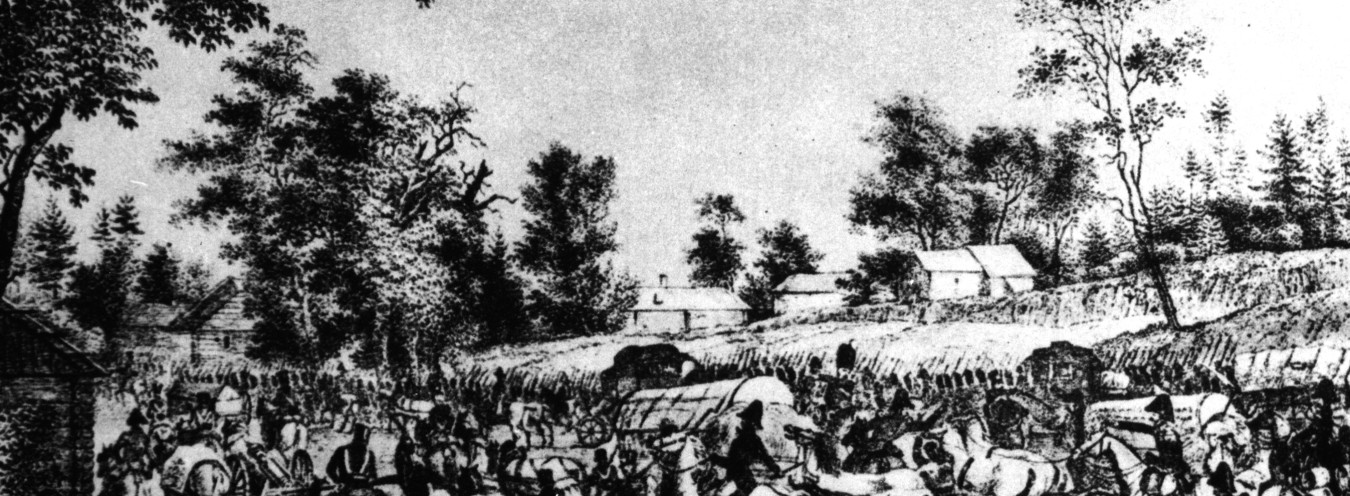
Kossuth Lajos
‘I vow,’ Szapary exclaimed, ‘that by March at the latest Kossuth will summon us back to the ranks. We were foolish to break our swords.’ (121)
This reaction to the fall of the last stronghold of the waning Hungarian Revolution, reported by Rzecki in his journal, exemplifies the belief in the quasi-magical powers of the Kingdom of Hungary’s Governor-President that was common among his troops. The Springtime of Nations started when Kossuth was halfway through his long life. It marked the height of his direct influence on historical events and saw him become a legend and Hungary’s national hero. He was destined to play a key role in the history of his country by his personal qualities as well as thorough education. Kossuth was a man blessed with an appealing physique, unquenchable energy, and extraordinary willpower. He was also distinguished by his unique elocution skills: he was able to win over both elites and ordinary people, Hungarians and foreigners alike. Equally eloquent in writing, he soon became the the leading publicist and newspaper editor advocating the grand programme of reform he had co-originated (as a competent lawyer, he was also very efficient in the domain of political legislation). Kossuth popularised his radical views on the social and political system through influential newspapers, which led to his arrest in 1837. He was sentenced to four years’ imprisonment and amnestied three years later. Throughout the 1840s, he acted as an initiator and ideologist of social movements, associations and political parties to bring about revolutionary change in the history of his country. This consistent effort yielded outstanding results during the Hungarian Revolution of 1848. When it was time to take up arms, Kossuth became the President of the Committee of National Defense, which practically meant taking control over the government and the army as the Commander-in-Chief. After the Revolution was smothered by Austrian and Russian troops, Kossuth emigrated to the Ottoman Empire, then to Britain, and finally to Italy, where he spent the last 33 years of his life. He violently opposed the Austro-Hungarian Compromise of 1867 and had his citizenship taken away by the Austro-Hungarian Empire. However, the legend of Kossuth the hero lived on, drawing Hungarian pilgrims, especially the youth, to visit him.
→ Hungarian Revolution of 1848;



